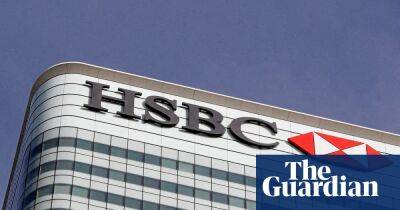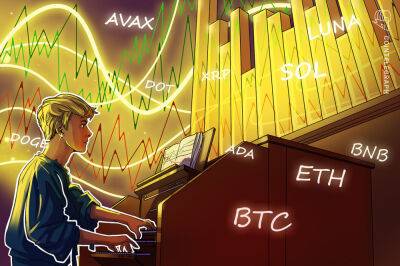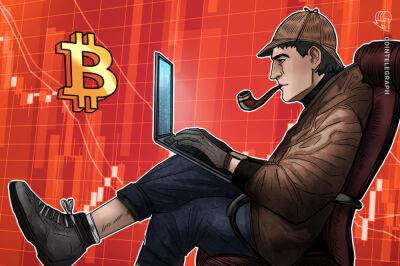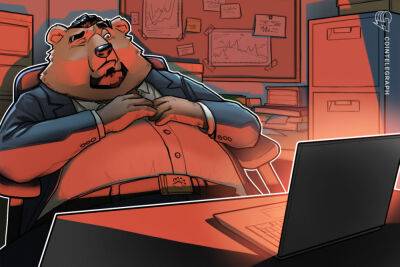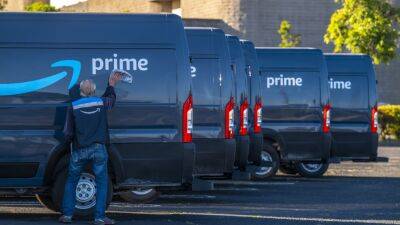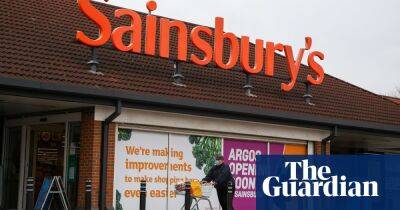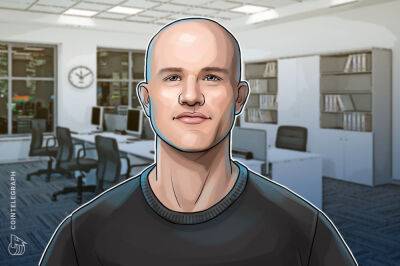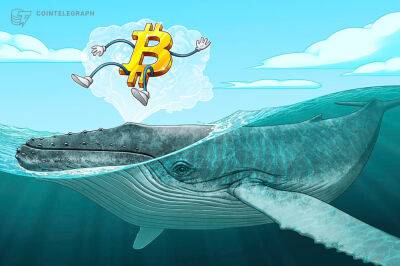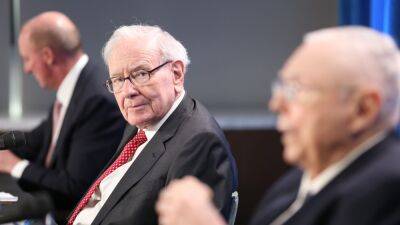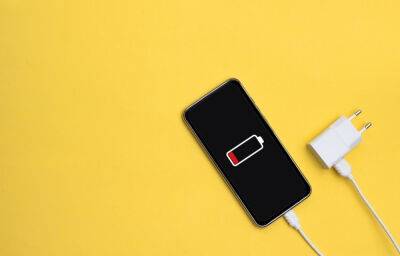‘Insulting’: how inadequate fuel support may force couriers out of work
Nicolas, a 36-year-old courier based in a small town in Suffolk, has started to think the unthinkable: spiralling fuel costs may soon force him out of work.
Nicolas (he asked not to use his surname) is one of an 18,000-strong army of self-employed drivers who work for Evri, the company formerly known as Hermes, who is desperate for more financial help to ensure delivering parcels is a viable way to earn a living.
But Nicolas claims the private equity-owned company, who he’s delivered for since 2016, is failing to recognise the value couriers bring. On Thursday Evri struck a deal with drivers and the GMB union on fuel allowance that was labelled “insulting” by some.
“It’s not just a job, you become part of the community,” said Nicolas, who visits about 75 households a day. “I’ve seen babies grow up and start school, families getting bigger, attended customers’ funerals, been invited to a wedding. During the pandemic, sometimes I was the only person elderly people would see for weeks.”
But Nicolas said he’s afraid surging fuel costs will force him out of the job. He now spends roughly £240 a month filling his tank, he said, up from about £180 before the war in Ukraine, but only stands to claw back between £8 and £12 for fuel a month.
“I’ve started having to use credit [to buy fuel], going further into debt just so I can work,” Nicolas said. “I don’t see how this changes things.”
As fuel costs jump, Evri said many self-employed couriers will receive an average of 2.3p a mile – between 35p and 75p a day, depending on the delivery radius – backdated to 26 March. That means someone working five-days-a-week on the maximum radius would receive £3.75 a week, or £15 every four weeks, for fuel. It replaces a package earlier this month
Read more on theguardian.com


![JUMPN [JST] with joy looking up to STEPN [GMT]? Here’s something sinister - ambcrypto.com](https://finance-news.co/storage/thumbs_400/img/2022/4/29/23749_scx8.jpg)
